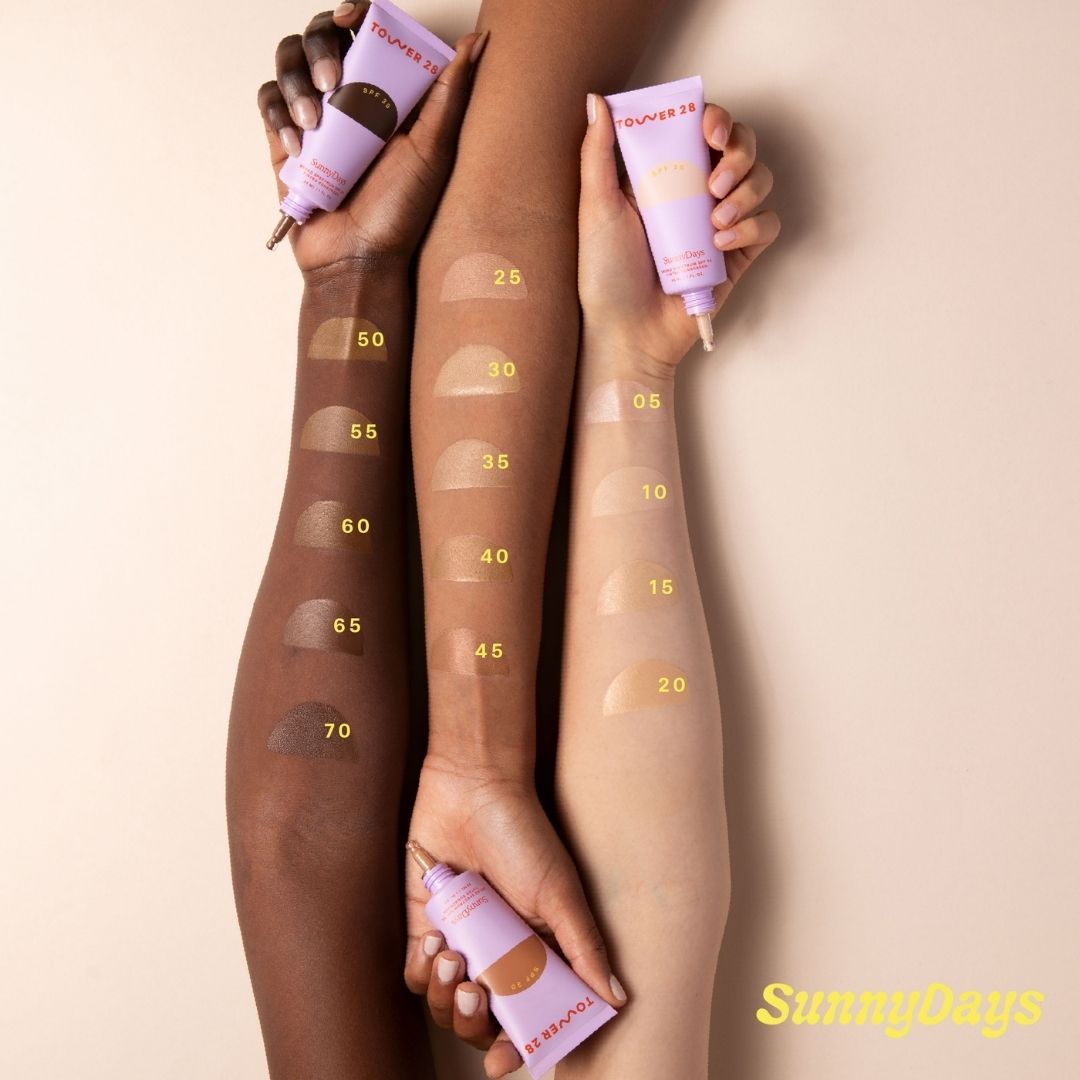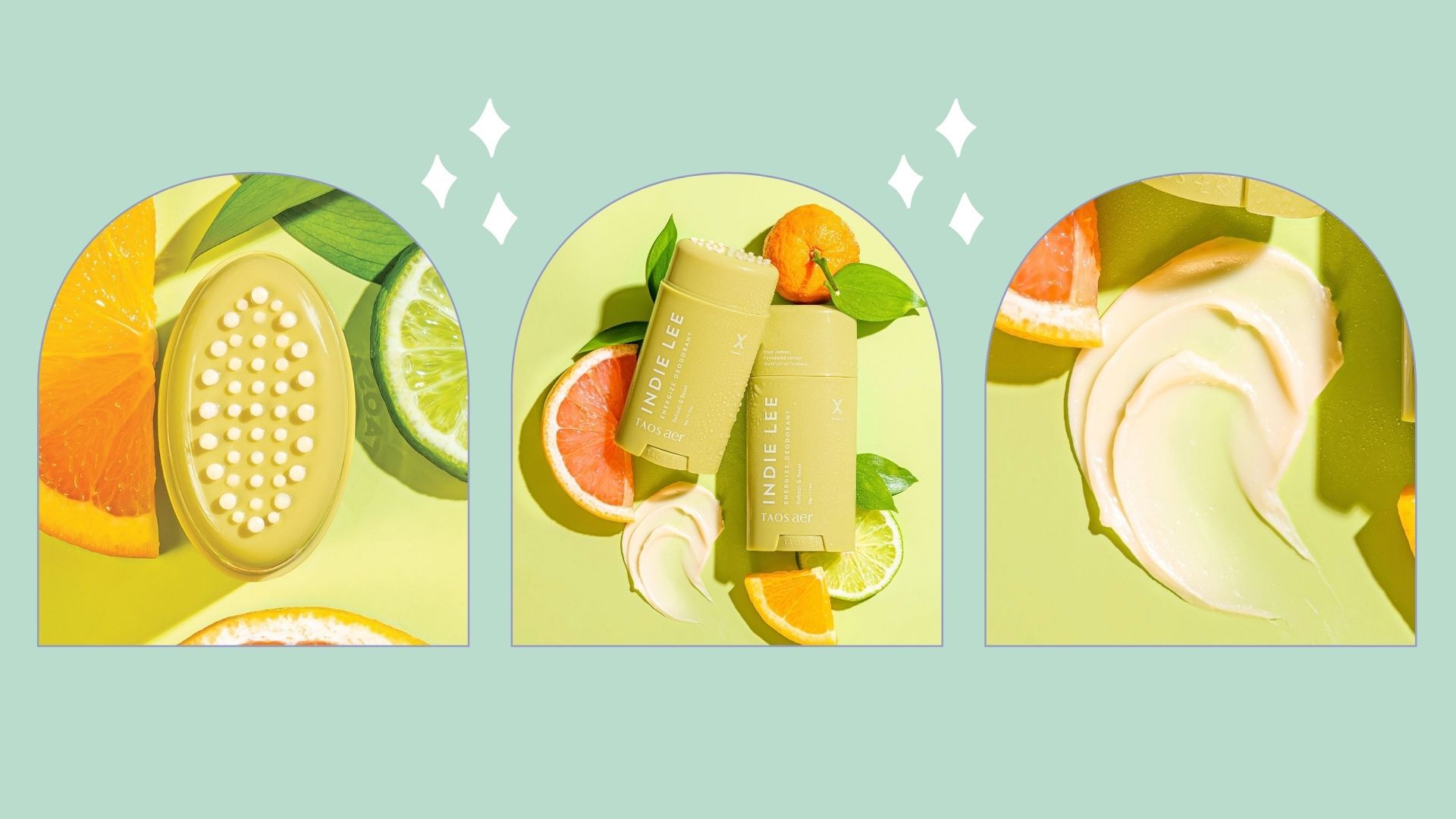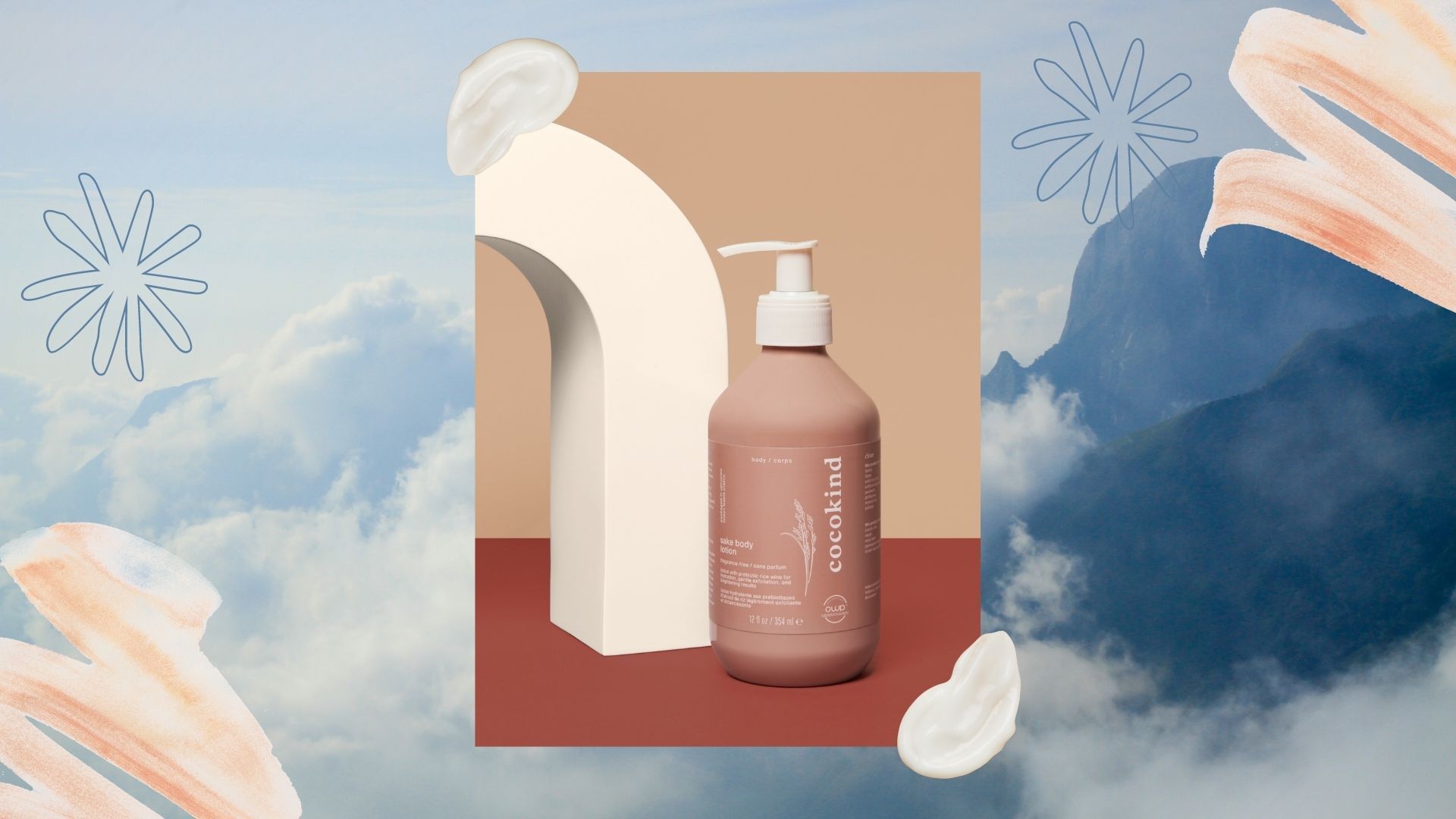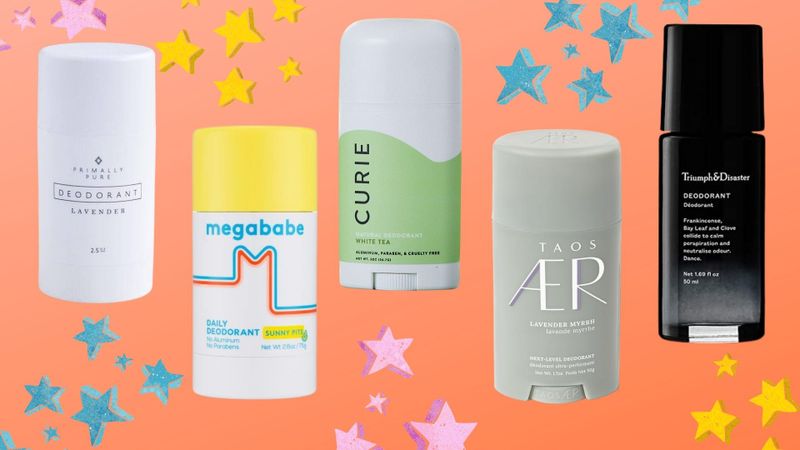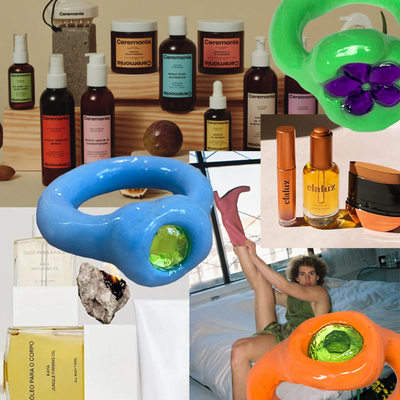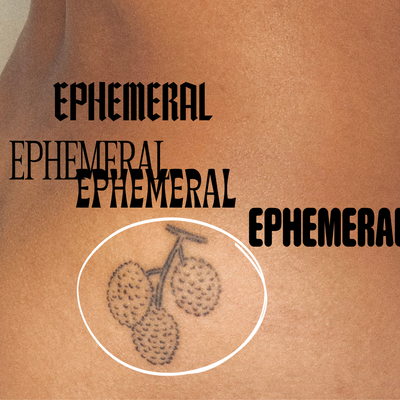Globally, the natural deodorant market is expected to reach $158.5 million by the year 2025.
With more information surrounding the harmful effects of aluminum in antiperspirant products, consumers are doing what it takes to find the right alternatives for their lifestyles. The consumer push for plant-based, charcoal-based, or otherwise known as ‘natural’ deodorants are forcing manufacturers to change directions. Thus pushing legacy personal care brands like Dove, Degree, and Secret to innovate as buyers continue to educate themselves.
SEE ALSO: This natural deodorant makes my pits smell like 2021
Few natural deodorant brands have earned coveted spots on drugstore shelves. And the ones that have wiggled their way in look pretty expensive when sitting next to options priced between $5 and $8. However, as the demand for cleaner options increases, new direct-to-consumer brands are cropping up everywhere. Finally putting smaller, indie deodorant brands at an advantage up against the big players while they struggle to bend towards the market shift.
Natural deodorant is trendy for all the right reasons. Given the reports on the harmful effects of aluminum and aluminum salts, there’s an urgency for more options. Legacy brands have been scrambling to cater to consumers as of late but some wonder why it took them so long. These brands have long served as the blueprint for the industry. Just this year, Dove released an entire line of 0% aluminum-free deodorants, along with Secret, and Degree.
But what do indie deodorant brand founders think? They’ve set out to create natural options for their consumers since the inception of their brands. Some even hold those spots in drugstores, next to the Dove’s of the world. Read along to find out where they believe the future of the industry is heading and why their brands serve as the true leaders of the growing category.
Why is regular deodorant harmful?
When it comes to the overall topic of ‘clean beauty’ it’s ill-defined and consumers are forced to educate themselves to bypass fear-mongering marketing tactics. However, there’s real research behind the harmful effects of deodorants containing aluminum and aluminum salts.
The health concerns tied to aluminum in deodorants are mainly around breast cancer. While the American Cancer Society claims there are no studies that aluminum causes or worsens different breast cancers, aluminum, and aluminum salts are proven to be absorbed through the skin and collect in breast tissue. Further research shows that in high amounts, aluminum affects the endocrine system in our bodies. It can change how the body makes and responds to estrogen, the female hormone.
The main reason for the presence of aluminum in regular deodorant is to help you sweat less. It’s labeled an antiperspirant because that’s exactly what it’s designed to do. Unfortunately, this is what makes the switch to natural deodorant so hard and often discouraging. When making the switch, you’re undoing years of what you have trained your body to do; ‘sweat less’.
“Initially you’re going to be extra sweaty, oftentimes extra smelly for the first couple of weeks as your body rids itself of toxic buildup that has been building up in your underarms. We’re putting toxins up into our armpits and then the aluminum blocks your pores so you can’t sweat any of that out,” says Bethany McDaniel, founder of Primally Pure.
Natural brands want you to know, sweating is OK
Brands have tried to sell us the idea that sweating is gross and that it must be stopped at all costs. Often, people are acquainted with their first stick of deodorant when they’re going through puberty. You realized you smell, so you told your mom it was time for an upgrade. Brands take the marketing a step further, and they let you believe that the reason you smell is because of sweat, so wouldn’t it be great to sweat less?
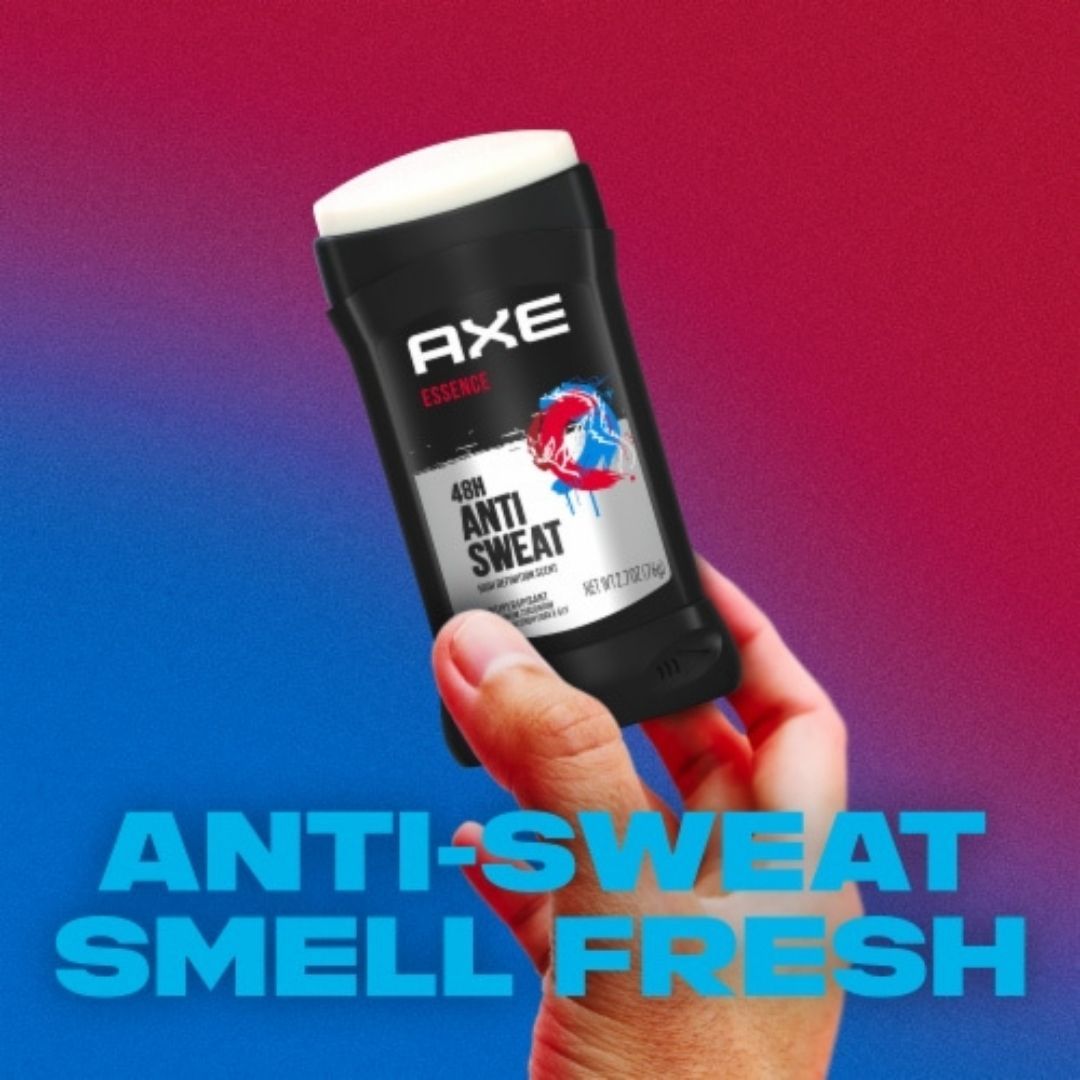
Dion Nash, the founder of Triumph & Disaster started the brand after playing professional cricket for years on New Zealand’s national team.
“I remember watching an ad for a massive antiperspirant brand in the early 2000s that showed arrows pointing the sweat back into the body and the spray blocking off the armpits. It always occurred to me this should be the very worst depiction, not something to advertise – we are designed to sweat and excrete toxins, not recirculate them,” he says.
Natural deodorant is becoming widely accessible
Brands like Native, Schmidt’s, and Weleda have been ‘the natural options’ in places like Target and CVS. But often it’s hard to commit to buying without education readily available. It’s much easier to pass up a $20 deodorant and say to yourself, “maybe next time”.
Sarah Moret, founder of Curie has been able to establish partnerships with Nordstrom and Anthropology since launching in 2018, further opening the space where the deodorant category is available. “To me, the biggest barrier for the natural deodorant industry was offering those looking to make the switch to a product that’s both safe and actually works,” she says.
Besides department and popular clothing brand stores, natural deodorant has broken its way into beauty retailers like Ulta. Megababe, founded by Katie Sturino was created to solve problems nobody was talking about in beauty space. Things like boob sweat and thigh chafing. Megababe can be found almost always sold out in Target and in Ulta.
“We’re realizing that armpits are very sensitive and very specific. And because we’ve been using aluminum, we haven’t had to really address it because it’s kind of a ‘one size fits all response. You have to work a little to find the right one, so it has to be accessible to do so,” says Katie.
Indie natural deodorant brands are the thought leaders
Legacy brands from Unilever and P&G will always be recognizable. And for some consumers, they pair feelings of ‘recognizable’ with ‘trusted’. While Dove, Secret, Degree, and many others are creating aluminum-free formulas, it’s only a piece to a much larger puzzle.
Getting rid of aluminum is something these brands can cross off their lists but there are many things they still aren’t doing. Striving to sustainably source ingredients, formulating without parabens, and making the shift to vegan products, doesn’t seem to be a priority.
“Big brands will follow and have followed already – this is a good thing. But the danger is when science gets twisted again. So it will always be up to the smaller brands, the thought leaders, those driven by the performance and honesty of their products to keep the category evolving in the right direction,” says Dion.
Kristine Keheley, co-founder and chief formulator of Taos AER says she wants their ingredients to stay as close to the plants as possible, and with minimal processing wherever possible.
“This is tricky stuff to solve all while prizing an actually effective deodorant. It’s expensive and temperamental and the solutions from a big drugstore brand will look and perform differently from what we can create with inventive expertise at the indie level,” she adds.
We can’t exactly expect legacy brands to come forward with educational campaigns about aluminum-free options. They wouldn’t be able to risk it all for that one line within their offerings. This leaves us with a question, are legacy brands creating natural options for the right reasons? You decide. In the meantime, indie natural deodorant brands are jumping at the opportunity to educate consumers and offer plenty of options in a variety of retailers.
READ MORE LIKE THIS
